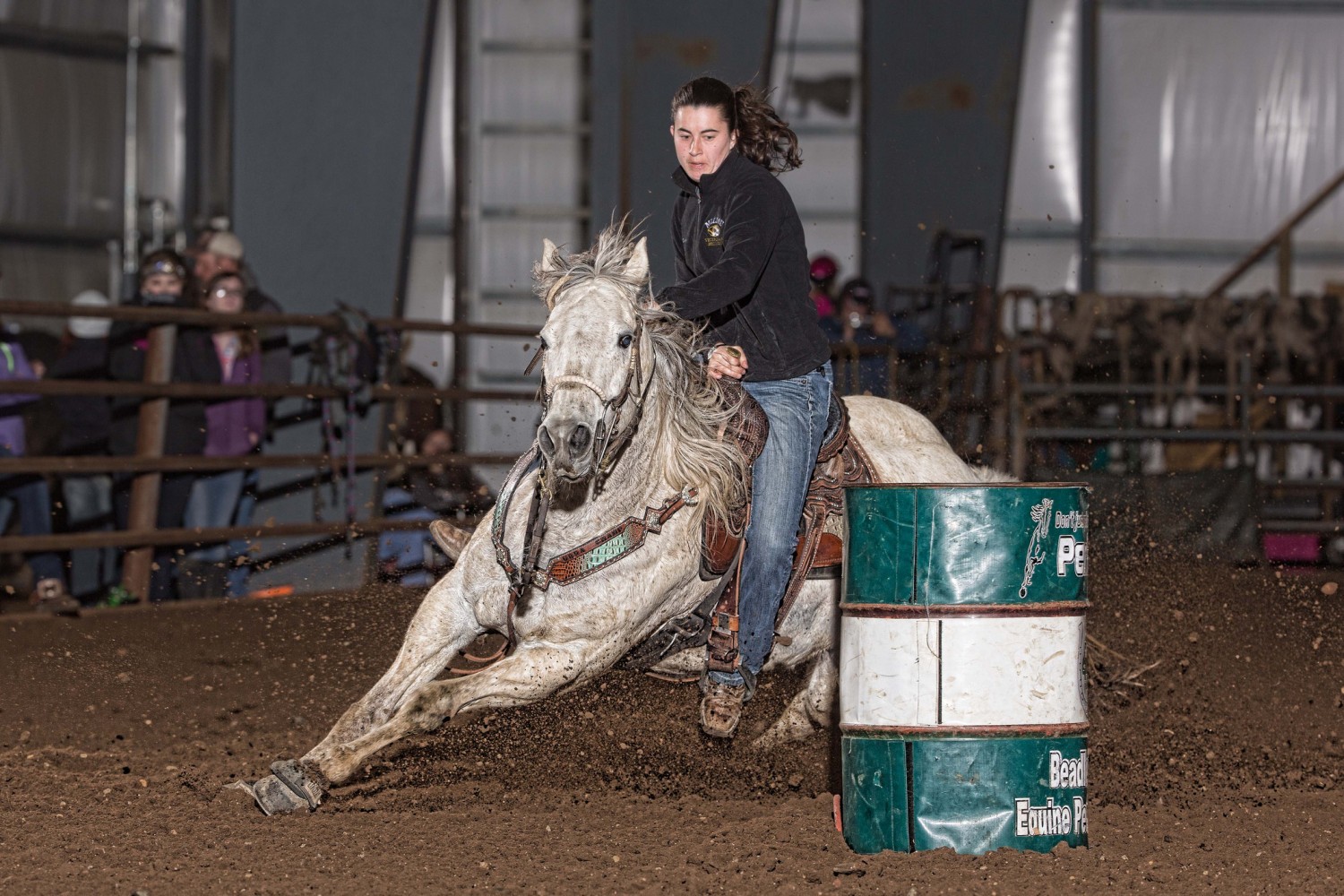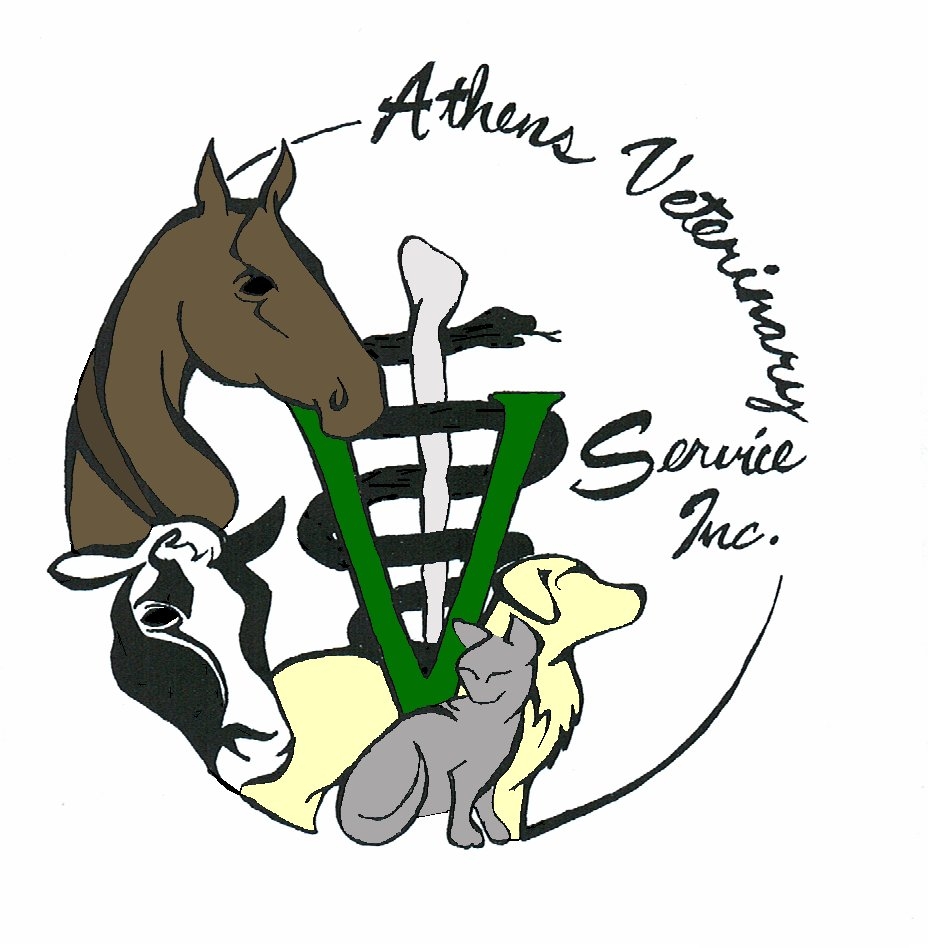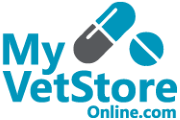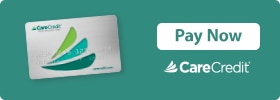Preventative & Wellness Exam
Current recommendations from the American Assoc. of Equine Practitioners is to have your horses fecal egg count determined. By determining this with a fecal sample a specific schedule of dewormers can be used to best protect your horse and others in the pasture.
A fresh fecal sample is needed for testing. Samples taken should be either brought in fresh or refrigerated for no more than 12 hours in a Ziploc type bag.
If you have any questions on this test please call.
Dental Exams, Floating and Extractions
Dental Exams:
AVS recommends every horse have an oral exam once a year. Twice yearly exams are appropriate for senior horses or horses with specific dental malformations such as parrot mouth, under bites, or missing teeth. A complete oral exam requires light sedation and a speculum to hold the horse’s mouth open. Many owners appreciate the opportunity to look into their horse’s mouth and we encourage you to take a look or feel. Although not as thorough (it won’t assess the back half of the mouth as well), we are also happy to perform a brief oral exam without the sedation and speculum. Many oral exams are completed at the time of spring and fall vaccination appointments and can be easily done on the farm or in our clinic. Many dental problems can be caught early with oral exams, before the horse shows signs of trouble.
Floating:
Floating teeth is the process of removing sharp points and overgrowths allowing the horse to have a normal chewing motion without pain. (Did you know that horse’s teeth grow most of their life?) The vast majority of horses will be sedated for this procedure. We use traditional hand floats as well as a motorized instrument called a Swissfloat. Most floats can be done at your farm or stable. For more challenging cases or those requiring radiographs, we require the horse to be brought to our clinic.
Some horses require very little dental work throughout their life, while others may have alignment problems or missing teeth and therefore require floating as often as every six months. By performing a physical exam, diet evaluation and a complete oral exam your veterinarian can tell you what dental care is best for your horse. Regular dental care is one of the best things you can do for your horse’s comfort and longevity, and is more cost-effective then trying to correct major problems that took years to develop before they were detected.
Tooth Extractions:
There are times when a horse's tooth must be removed due to a root abscess or fracture. Tooth removal in horses can be very complicated. Some may require overnight stays and/or general anesthesia depending on which tooth must be removed. Radiographs are required to insure the correct tooth is removed and there are no other teeth affected by an infection or fracture.
Signs that your horse may have a serious tooth abscess or fracture are: reluctance to eat, malodorous breath, swelling of the face (Cheeks or jaw), and weight loss. Please call for an appointment immediately if you see any of these signs.
Nasoacrimal Duct Flushing
Some horses have chronic eye discharge that can be relieved by flushing their nasolacrimal ducts. These ducts can become clogged due to dust and allergies. Flushing these ducts can be done easily once a horse is already sedated for oral exams and floating. Eye discharge can also be a result of corneal ulcers, uveitis and glaucoma. Please call if you notice more than average discharge, or discharge associated with pain and/or inflammation.
Sheath Cleaning
Some, but not all, geldings can develop over production of smegma, the normal waxy-like substance produced by their sheaths to protect the skin of the penis and urethral opening. A “bean” can develop at the urethral fossa. A normal sized bean causes no problems, but a larger bean can become uncomfortable and interfere with urination.
Many geldings begin to scratch or rub their tails when their sheath needs cleaning. Sheath cleanings are often better accomplished with sedation and can be completed at spring and fall wellness exams when your horse is already sedated for oral exams and floating.
Pre-Purchase Exams
When choosing to invest in a horse, it is always recommended that your horse pass a pre-purchase exam. A pre-purchase exam is a full exam of the horse including lungs, heart, eyes, oral exam, conformation evaluation, soundness exam including the flexion tests of all limbs and an overall attitude and personality evaluation. Radiographs are recommended based on future use of the horse and findings during the soundness exam.
Pre-purchase exams are always recommended for any new horse you are bringing into your life. Many costly and activity-limiting conditions can be detected by an experienced veterinarian such as "heaves", heart arrhythmias, "moon blindness", poor dentition or malformed teeth, undesirable conformations, arthritis, behavioral problems and many more.
Vaccinations
Athens Veterinary Service recommends spring and fall vaccinations for all horses living in Wisconsin. We follow AAEP recommendations for all core vaccines.
Spring
- Eastern and Western Encephalitis Viruses
- Equine Influenza
- Rabies
- Rhinopneumonitis Virus
- Strangles- for horses being moved or exposed to strange horses
- Tetanus
- West Nile Virus
Fall
- Equine Influenza
- Rhinopneumonitis Virus
- Strangles- for horses being moved or exposed to strange horses
- Protocol Sheets
| 





